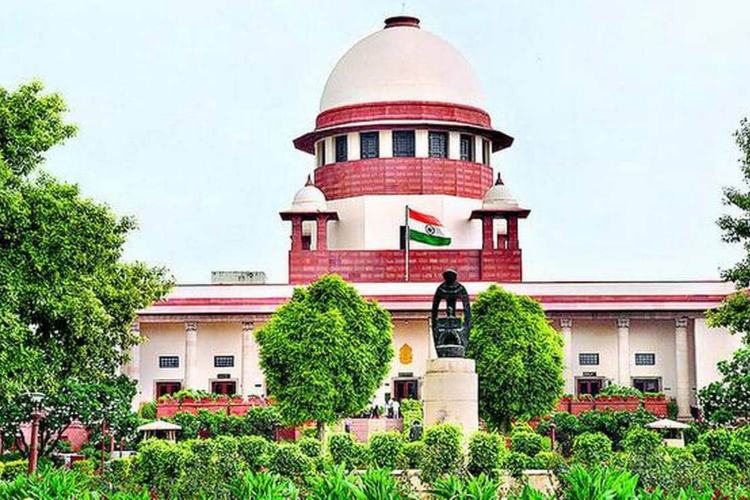
New Delhi
The Supreme Court on Tuesday observed that there is an unwritten rule that people holding public office must impose self-restriction and ensure they do not make disparaging remarks, and this must be inculcated in our political and civic life.
A five-judge constitution bench headed by Justice SA Nazeer and comprising justices BR Gavai, AS Bopanna, V Ramasubramanian, and BV Nagarathna said, "How can we frame a code of conduct for legislators? We would be encroaching onto the powers of the legislature and the executive...."
A counsel, representing a petitioner in the matter, contended that there is significant increase in hate speech by public functionaries.
The bench queried, "Is there no provision under IPC to prosecute in such cases?" The counsel replied, yes! They can be booked under offence for hurting the dignity of others, but for public functionaries... "
At this juncture, the Attorney General (AG) R Venkataramani submitted that the counsel may have academic interest to address all these abstract propositions, but there is a positive law on this and there is an existing roadmap available, putting vicarious liability for speeches by a minister.
The bench remarked, is there no constitutional culture in our country that is inherently applicable to those in public office? There is an unwritten rule that we impose a self-restriction towards making disparaging remarks, when he holds such posts. It further added that this must be inculcated in our political and civic life.
Justice Nagarathna remarked, the reason why there is no law all this while is because there has always been an inherent self-imposed code on those in public life. She added that now the impression is that such restrictions are being relaxed, leading to hurtful speeches being made and no checks are being made, allowing them to get away, especially those in high office including public servants.
After hearing detailed arguments, the top court reserved the order on whether restrictions can be imposed on a public functionary's right to freedom of speech and expression.
ALSO READ: J-K's visually impaired youth qualifies JRF exam
In October 2017, a three-judge bench referred the matter to the constitution bench to decide various issues, which included whether a public functionary or a minister can claim freedom of speech while expressing views on sensitive matters.
